|
Michele Stephenson is a Haitian-American filmmaker who’s mostly known for her critically-acclaimed film American Promise. Michele is a dedicated activist and consciously aware of how complex our multicultural world can be. She’s a co-founder of Rada Film Group, a company that produce films to better understand the experience of people of color in America. Michele has produced extraordinary work and has done a great job at representing the realities for people of color in her films. So without further introduction, let’s have Michele give us her piece of the pie: How do you think we can make more films and tell more stories about black people that go beyond the modern archetypes and stereotypes perpetuated in mainstream media? I think that there are a couple of things, one of them is that we need to push to tell our own stories. I think our communities have passed the white gaze on us and are now interpreting our lived experiences as valid, at times seeing it from a more objective perspective, so I think we need to push against that. We see little bit of that happening in Hollywood, but in the documentary world it’s just as egregious, if not more so. Women of color make up only 1.3 percent of documentary filmmakers that have features under their belt.
Wow that's powerful! Is there anything else to consider? The other thing that I think is important, which played a huge role in our film American Promise, is understanding that vulnerability is power. That’s part of creating complicated characters. I grew up in a family where everything was sort of kept hidden, because there is a sense of shame about certain things that ultimately destroy us and give us power to internalized racism. And I feel like by opening that stuff up, allowing ourselves to breathe, can lead us to conversations about how to make things better. So, going back to your question… We need more of our black women to tell our stories, and it’s a challenge. I think that mentorship is really important, which has been really important in my development as a storyteller. So I encourage women who are just starting off to find that mentor, and having a network of peers is really key. Your brand, Rada Films, has produced many films that explore the complex issues in our multicultural world. Are you willing to share any upcoming projects that you’re working on or planning to work on? Well we have a continuation of short films that we’re doing for the New York Times, “Op-Doc”. They’re conversations on race; we just released one on Latino identity and race, which was the most shared and emailed Op-Doc by the New York Times that week. We also have one coming up soon on conversations with Asian Americans about race, which I think is definitely an important conversation that we don’t hear much about. We have a bunch of projects, but the main ones I’m working on now is “Espanola”, which is about the Dominican Republic and following Dominicans of Haitian descent who’ve had their citizenship taken away from them… I’m very excited to work on that. The next project we are working on is a biopic on Nikki Giovanni, but it’s going to be nonlinear. We’re looking to experiment with the form and trying to engage the audience through emotion, poetry, music, in an impressionistic way. I’m really excited about this too she’s an awesome human being.
How did you transition into the States? I ended up going to law school at Columbia, I met my husband when I came back to New York after being in West Africa. While I was in school my husband was doing film work, and I was on the set helping him out with his first film. [At the same time] I had gotten a law school human rights internship with an organization titled GELEDES - Instituto da Mulher Negra (the black women's institute). The organization had a human rights legal arm where I was interning, but it also had a youth development outreach component working with young hip hop artist. I decided to bring a video camera and see what could shoot. On weekends and evenings I ended up following this feminist hip hop artist, LADY RAP, from the outskirts of Sao Paolo and made a short film title WE CHOOSE TO RAP from the material I shot with her. During the day I was working in the office on anti-recast legislative proposals the organization was putting together to push at the state level in Sao Paolo. I was basically able to have the experience of filming black-brazilian women doing hip-hop work during the day, and work on pushing legislation to criminalize racism at night. Then I realized that the transformative work was in the storytelling. I believe that legislation is important, but there is this whole psychological issue to our experience, due to the legacy of slavery and colonialism, that only through the storytelling can we heal. For me it was fulfilling on so many levels; it was fulfilling on the individual level where I was exchanging with women who felt validated that their stories were being told, and also the larger level of touching audiences with a piece of work. So I ended up dedicating ten years of my life to working on this full time. Here at the Dinner Table Doc, we always ask people that if we were to have a literal dinner, what would you bring to the table? So in other words, what issues for African American women do you feel most important to you? My mind kind of always goes into two directions when I look at structural racism and structural patriarchy. Because I always see it as packing it on two fronts. I see it as calling on our white sisters to task, when we can and when we have the strength. But also having the language to make them understand their responsibilities and accountabilities in the process of creating change. And that’s mostly speaking to white liberals, because I really do feel like right now we’re at a crossroads. We can only do so much in our communities, but the structural changes that need to occur… we need to have our white counterparts do some work… some serious work. Not just around their privileges, but also around their responsibilities towards creating change. If not something that they can do, then they should look upon us to do it. Another big thing for me is finding the space for us to replenish ourselves, because a lot of the stuff that we do everyday can be draining. So we need to take the time and find ways to nurture ourselves. We have to find that comfort food so that we can be better at what we do. And I think that’s what I would bring at the table: some food that’s nurturing. So I kind of want to talk about your career, and what it means to be a black female filmmaker. What were the obstacles and challenges you faced as you tried to brand yourself in this field? I’ve tried to pave an independent path for myself, because I have found the institutional makeup [of the industry] to be very suffocating. One of the biggest obstacles has to be the assumptions about my capacity. I’ve encountered that a few times; assumptions that I don’t have the skill sets to tell the story, which has to be the biggest obstacle professionally. I’ve encountered that from white women, black men, and white men. Which has also created my own internalized self-doubt, about how capable I am too! Where I think the resourcefulness has come out of this is the push and urge to work independently and try to get some of my stories told. Essentially, we always have this question ‘if I were someone else with a different experience or background, where would I be? Would I be in a different level in my career?’ What advice would you give to young people that wish to go into filmmaking? Don’t be afraid, and make that first film. Just go ahead and do it. That’s how I started, with encouragement and support of course, but that’s the only way that you can perfect your skills is by doing and being open to critique. Check out a trailer from Michele's film, American Promise, here: Interview by Lidia Abraha
1 Comment
|
Categories |
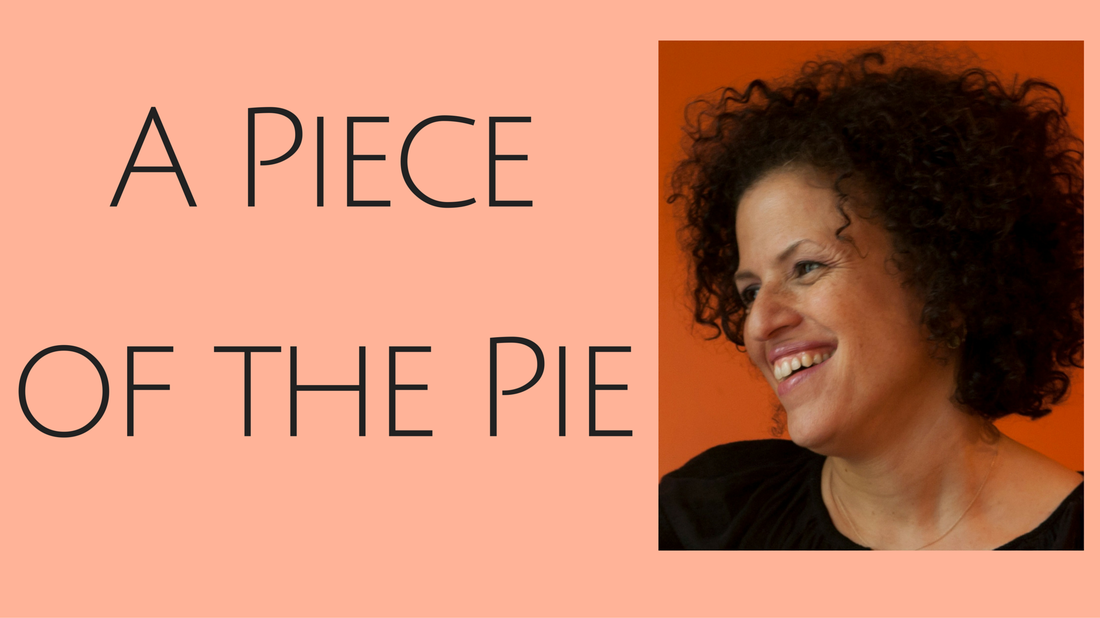
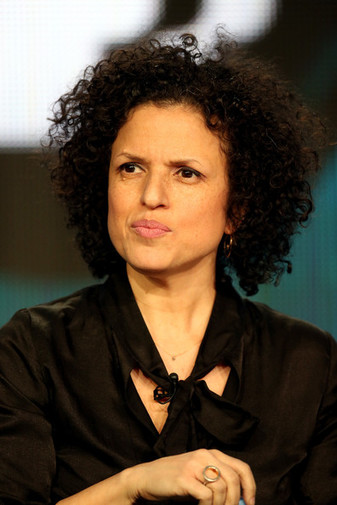
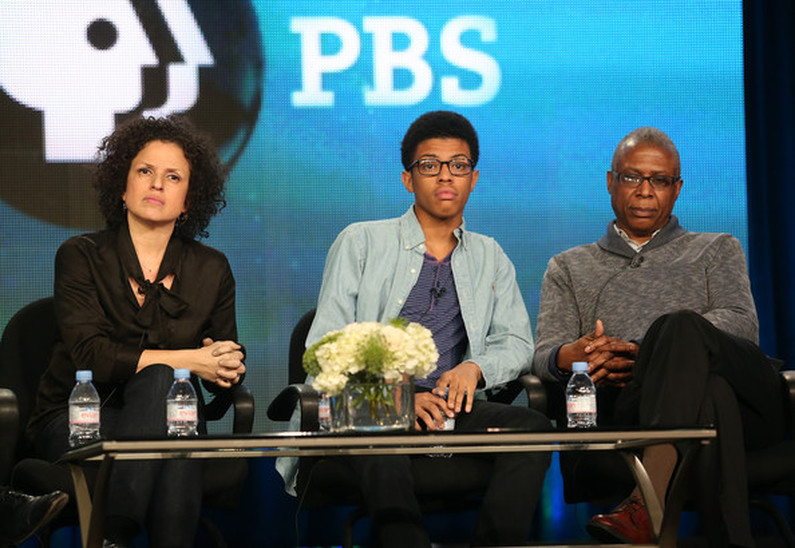
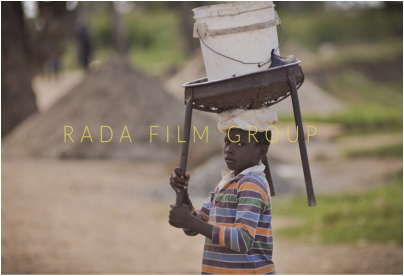
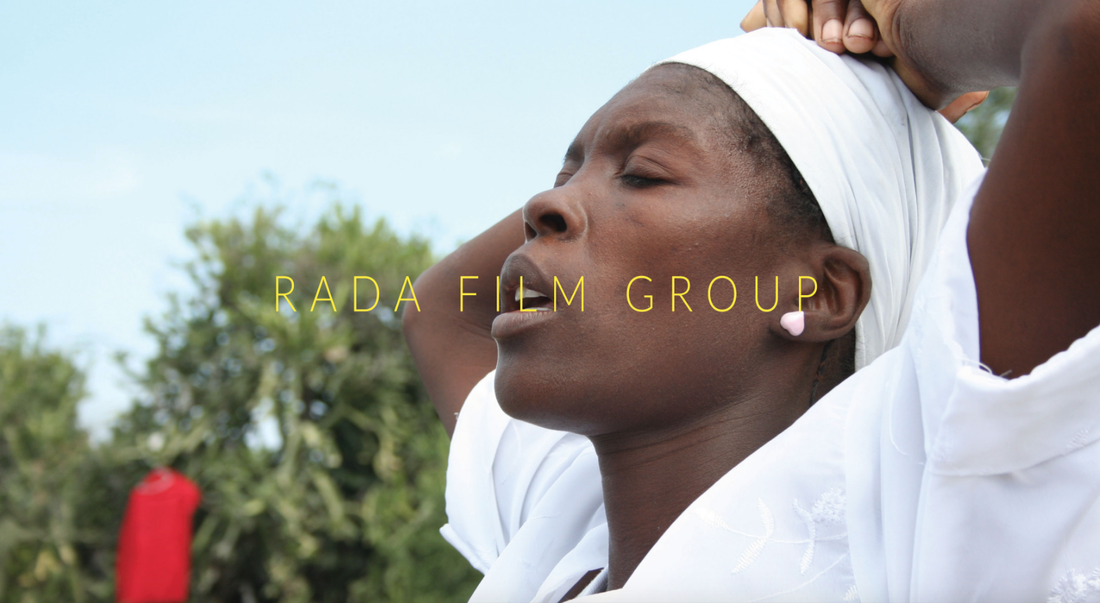
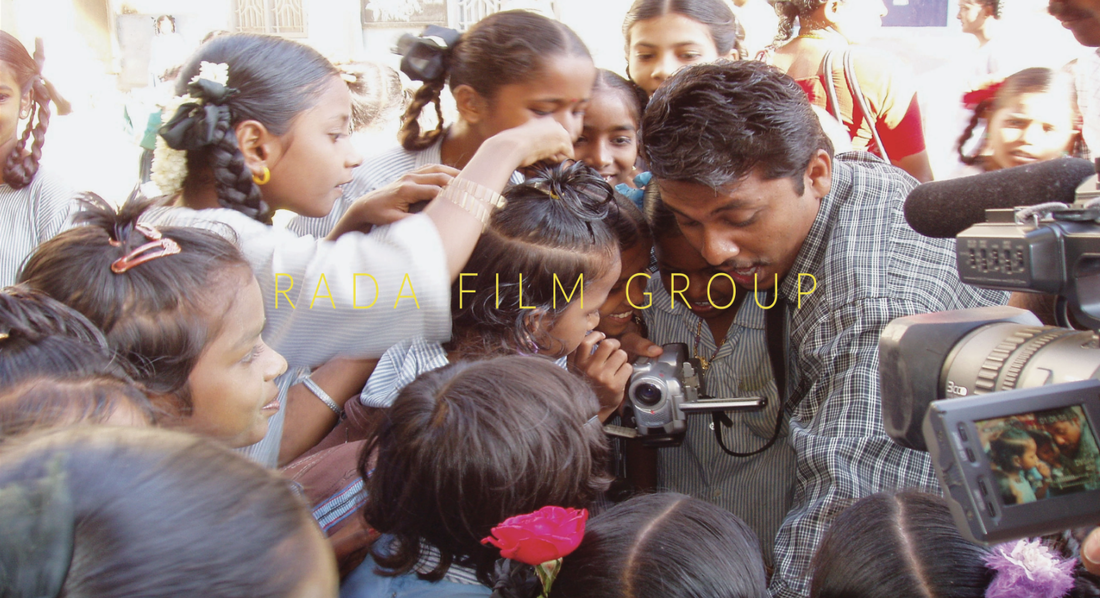
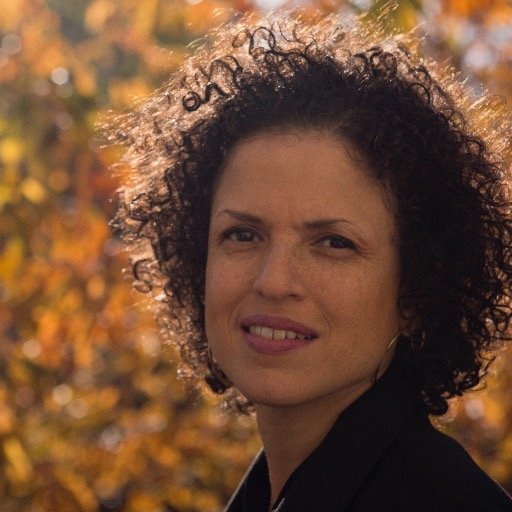
 RSS Feed
RSS Feed